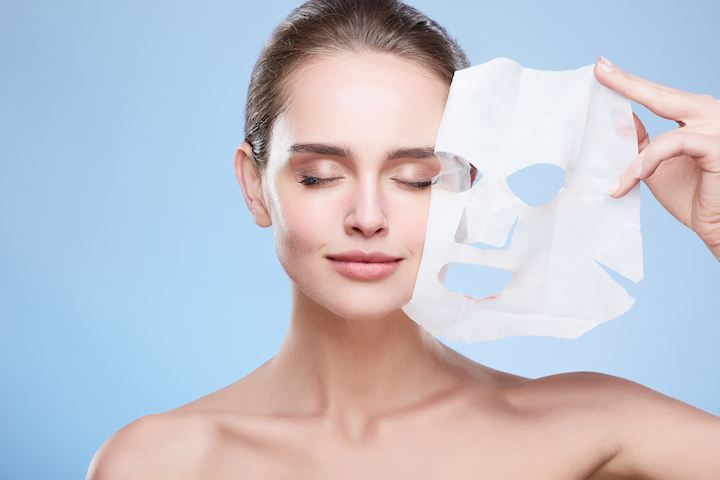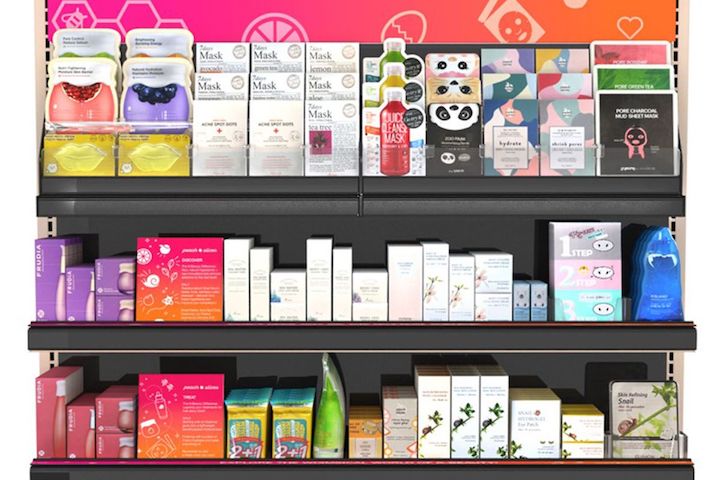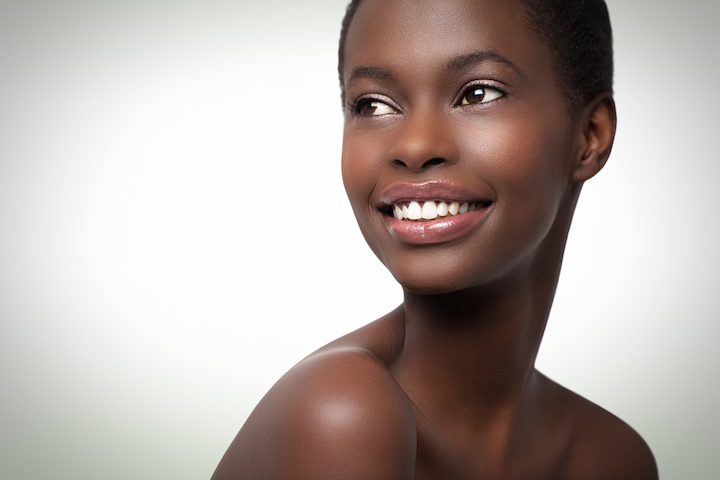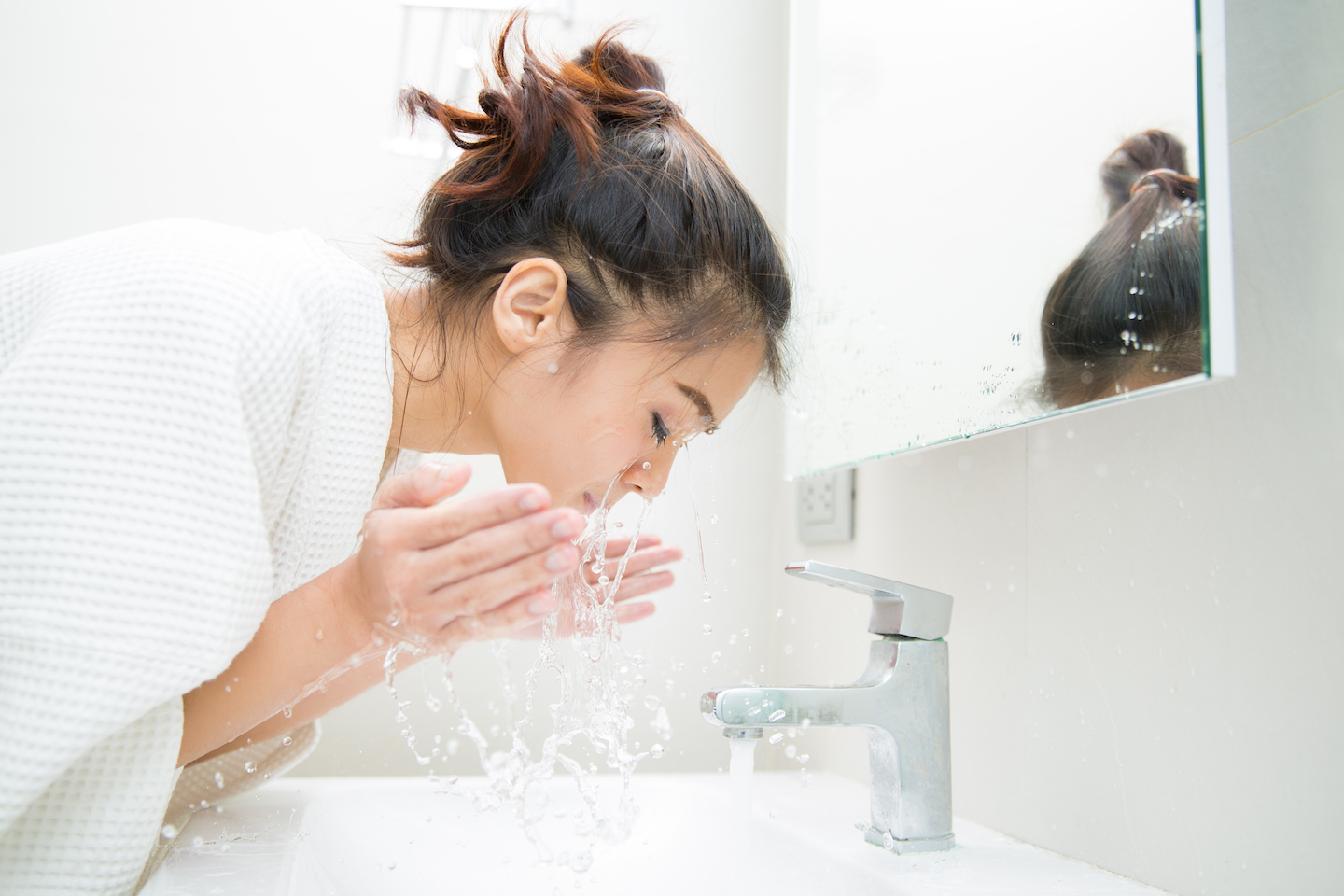A question we hear surprisingly a lot: “Isn’t K-beauty just for Asian skin?” The answer is a resounding NO! We have differences in skin tones and skin types, not skin structure! Here, Fiddy Snails sets out to shut down the myth once and for all: K-beauty is not just for Asian skin. (Bookmark this article and share with all your confused friends!)
Curious about K-beauty but unconvinced that Korean skincare will work on your non-Korean skin? You’re not alone. Newcomers to K-beauty often wonder whether products made for the Asian market will be effective for non-Asian complexions. Let me set your mind at ease (and maybe send you on a whole new skincare journey).
Read on for why K-beauty is not just for Asian skin.

K-beauty in the mainstream
It’s no secret that K-beauty has exploded in the West. Back in the early years of this decade, Korean cosmetics were primarily known and sought after outside of Asia only by fans of K-pop and K-dramas, but from those humble cult beginnings, K-beauty became a serious juggernaut. These days, you can find Korean products just about everywhere: not just Sephora and Ulta, but also Target, CVS, Rite-Aid, and even Walmart and Costco.
The South Korean influence on beauty goes even deeper than simple market penetration, though. In fact, you may already be using “K-beauty” without realizing it — many prominent Western beauty brands now hire South Korean firms to develop and manufacture their products!

This particular manufacturing model is known as Original Design Manufacturer (ODM). When a brand contracts with ODM manufacturers, the brand supplies a concept and specifications. From there, the manufacturer handles every step of the product’s development, including research and development, all the way through to manufacturing, quality control, and shipment. ODM manufacturer Korea Kolmar was the first to pioneer this model, and while Korea Kolmar is cagey about its client list, some of its clients include L’Oréal and Johnson & Johnson.
Korea Kolmar isn’t the only one, of course. Cosmax, another South Korean cosmetics manufacturer, also offers ODM, as well as OEM, or Original Equipment Manufacturing. Unlike ODM, in which the manufacturer makes the products to the client’s specifications, OEM manufacturers develop the products internally and then sell the final results to clients. Cosmax is far less tight-lipped about its client list. The Cosmax client list includes prestige brands Lancôme, Shu Uemura, and Yves Saint Laurent, drugstore brand Maybelline, and L'Oréal and Johnson & Johnson as well.
View this post on Instagram
South Korean OEM and ODM manufacturers have made the country “the epicenter of fast beauty.” Check out some of your current favorite beauty products. Chances are, at least some of them were developed and manufactured in South Korea — K-beauty has already been working for you!
Skin is skin, no matter what color
Still unconvinced? That’s OK! Let’s delve into the heart of your misgivings: the idea that different racial groups have different skin, and that skincare made for one particular racial group therefore won’t work as effectively for others.
In the past few decades, some research has been conducted into the differences between different races’ skin structure and function. Much of that research has been limited and contradictory, full of confounding factors that make drawing a clear conclusion impossible. Some studies test on different parts of the body than others. Most don’t control for geographical or climate influences on test subjects’ skin condition. And test subjects’ existing or prior skincare practices complicate matters, too. And, as an extensive 2006 survey into the research of ethnic skin differences put it, "in some studies interindividual differences in skin quality overwhelm any racial differences.”

The most conclusive evidence the 2006 survey found was also the most common sense one: that the darker the skin, the more resistant it is to sun damage. This is due to higher melanin content. Melanin protects developing epidermal cells from UV radiation, so it makes sense that ethnicities with darker, more melanin-rich skin are less susceptible to photodamage. Even so, UV damage eventually affects everyone.
Everyone has skin, and everyone’s skin is fundamentally the same. The top layer of your skin, the stratum corneum, epidermis, or horny layer (heehee), is made of layers of compacted dead skin cells, arranged in a brick-and-mortar structure, with the cells analogous to the bricks and the ceramides and other lipids analogous to the mortar. The horny layer functions to hold water in skin and to keep bacteria, irritants, and other foreign contaminants out. This is your skin’s barrier.
Beneath this protective epidermis lies the dermis. There’s a lot going on here, but for the purposes of skincare, the most important features of the dermis are the collagen and elastin that form your skin’s support structure. These are your skin’s scaffolding. In youthful skin, abundant collagen and elastin keep skin firm and resilient. These structures break down during the aging process and due to exposure to UV damage and free radicals.

The structure of skin is the same no matter what ethnicity you are. The basic practices needed to maintain and improve the health and appearance of your skin are the same, too. To minimize sensitivity and moisture loss, wash with a mild, low pH cleanser that won’t strip your barrier of its natural and necessary protective lipids. To prevent age-accelerating photodamage, use high-protection sunscreen every day, in generous amounts. And to repair existing damage and further prevent future damage to the underlying structures of your skin, pack your routine with multifunctional antioxidants like vitamin A, vitamin C, and astaxanthin.
The real differences between Korean skincare and Western skincare
If skin is skin and the basic building blocks of effective skincare are about the same for everyone, you might ask, why look to K-beauty in the first place?
The real differences between Korean skincare and most mainstream Western skincare lie in the specialization of the products and the rapid rate of innovation behind them. Skincare is huge business in South Korea thanks to very high and very specific beauty standards. Brands battle it out for their piece of the pie by creating products for every skin type, every skin concern, every aesthetic, and every taste possible. And they do that with advanced and efficient R&D. That’s advanced and efficient R&D that benefits us all, whether we subscribe to East Asian beauty standards or not — and whether we have East Asian skin, or not.
View this post on Instagram
Have you had to convince people around you that K-beauty is not just for Asian skin? Do you find that your ethnicity affects the skincare you use? Why or why not? Let us know in the comments!
Loading...